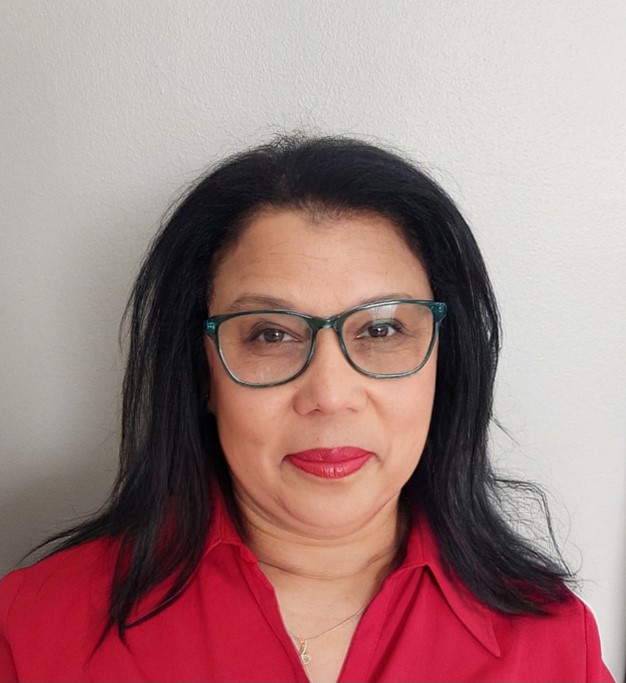Speakers - WNRC2026

Nellie Naranjee
Nellie Naranjee
- Designation: Department of Nursing , Faculty of Health Sciences , Durban University of Technology, South Africa
- Country: South Africa
- Title: Emerging Trends in Integrative Care: Blending Traditional, Complementary, and Alternative Medicine with Biomedical Approaches in Maternal Healthcare in the eThekwini District, South Africa
Abstract
The growing global recognition of Traditional, Complementary, and Alternative Medicine (TCAM) has led to an emerging trend toward integrative care models that blend TCAM with conventional biomedical approaches in maternal healthcare. This shift is driven by the increasing demand for holistic, culturally sensitive, and patient-centered care, as well as concerns regarding safety, accessibility, and continuity of care for women during pregnancy, childbirth, and the postpartum period. Integrative care models aim to harness the strengths of both systems by promoting evidence-based TCAM practices alongside established biomedical protocols to enhance maternal and neonatal outcomes. However, challenges such as limited regulatory frameworks, lack of standardized training, insufficient interprofessional collaboration, and minimal integration of TCAM content in nursing and midwifery curricula continue to hinder safe and effective implementation. This paper explores the current trends and implications of incorporating TCAM into maternal healthcare, emphasizing the need for robust nursing research, development of policy frameworks, and inclusion of TCAM screening in clinical practice. Furthermore, it advocates for interprofessional collaboration and public awareness initiatives to ensure that TCAM use is informed, safe, and aligned with holistic models of maternal wellbeing. Advancing integrative care holds significant potential to improve the quality, safety, and cultural appropriateness of maternal healthcare in diverse settings.

